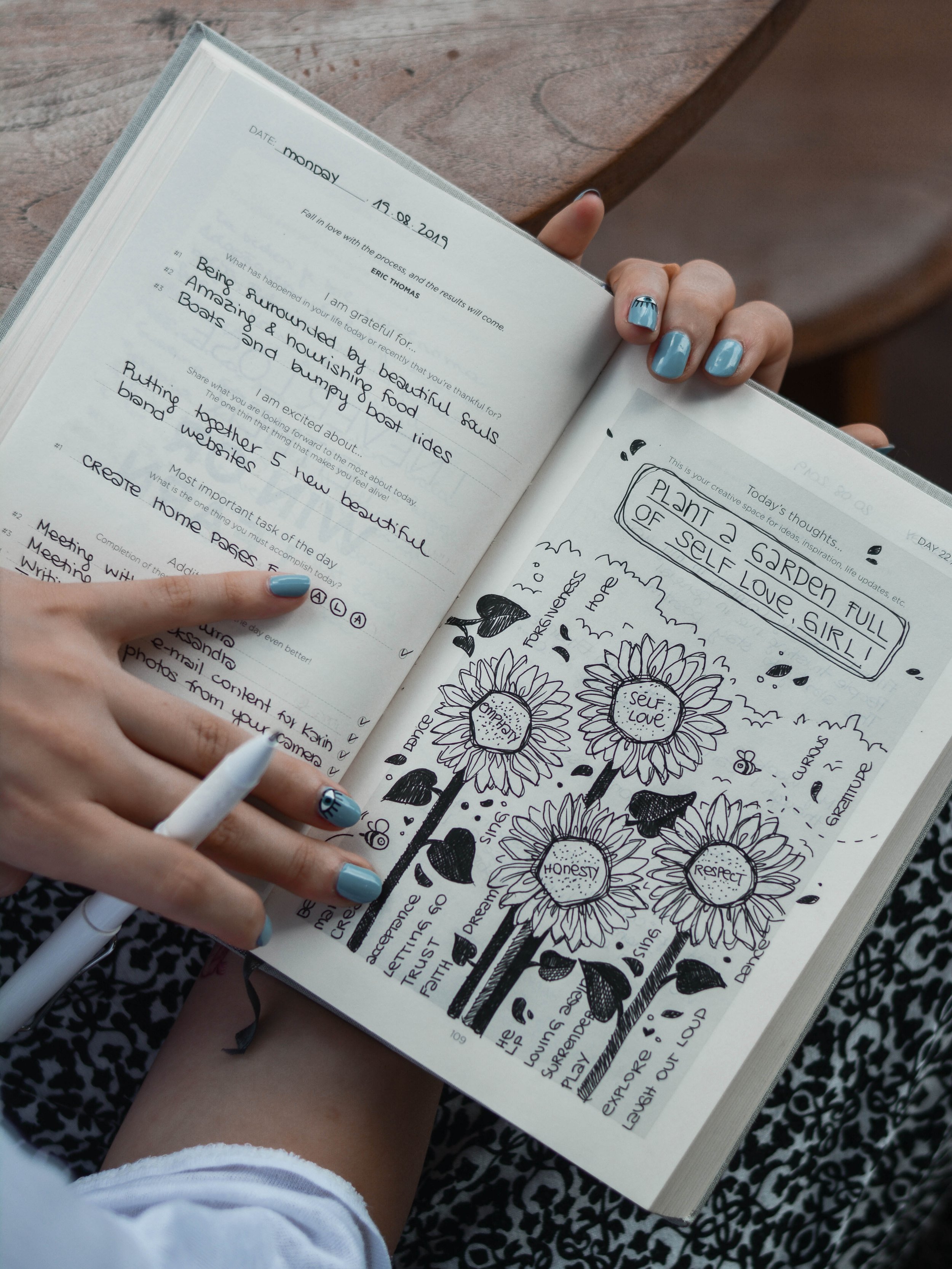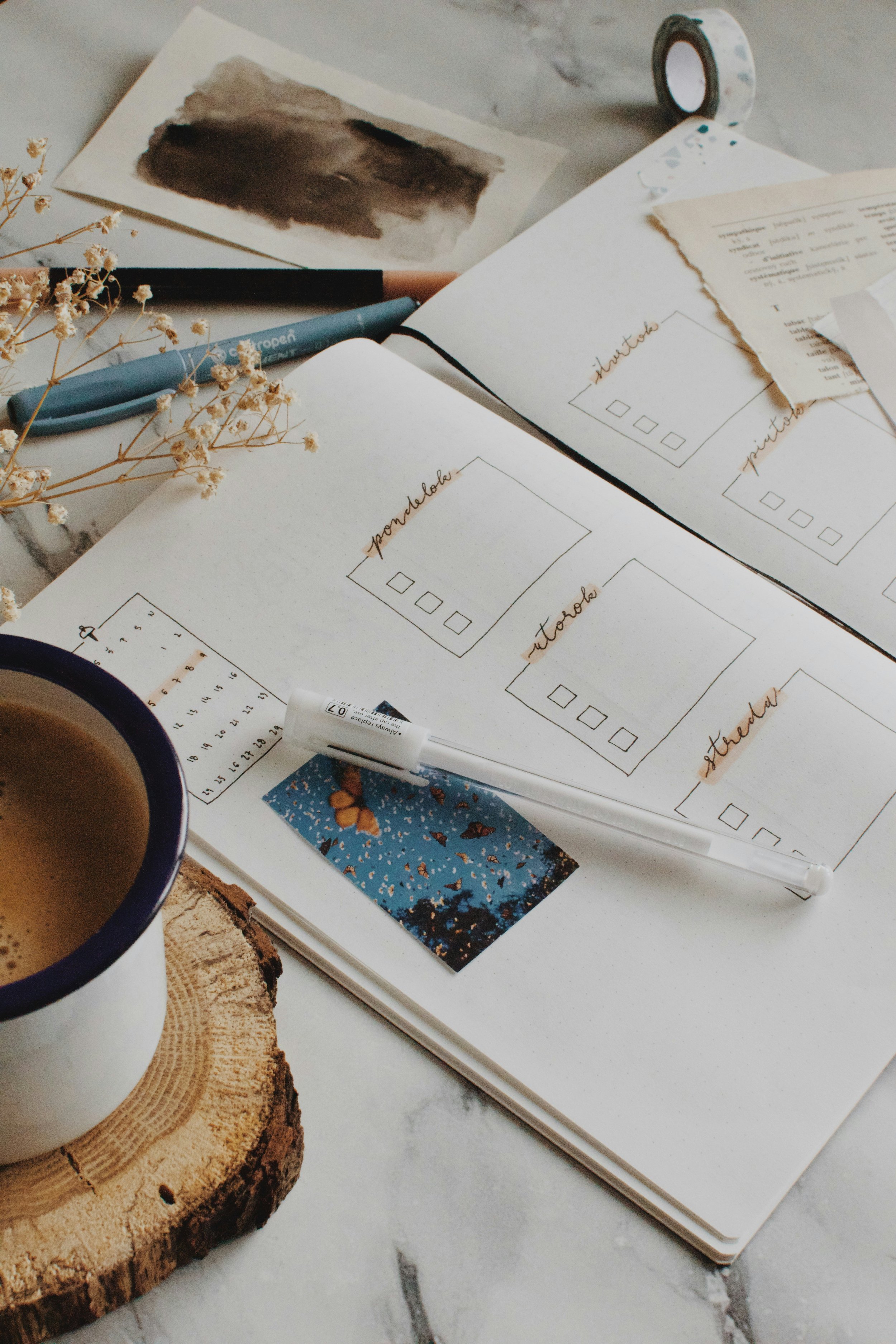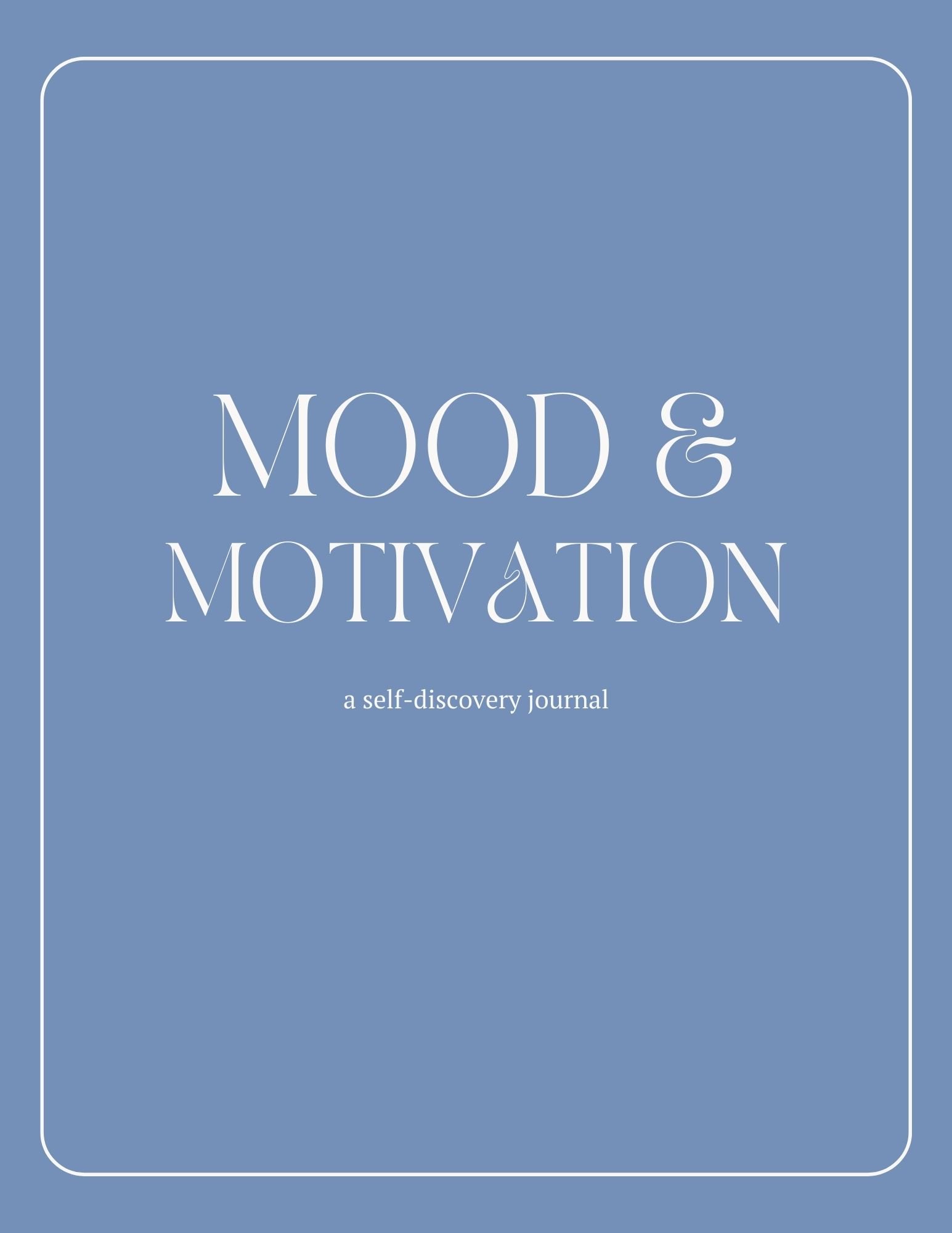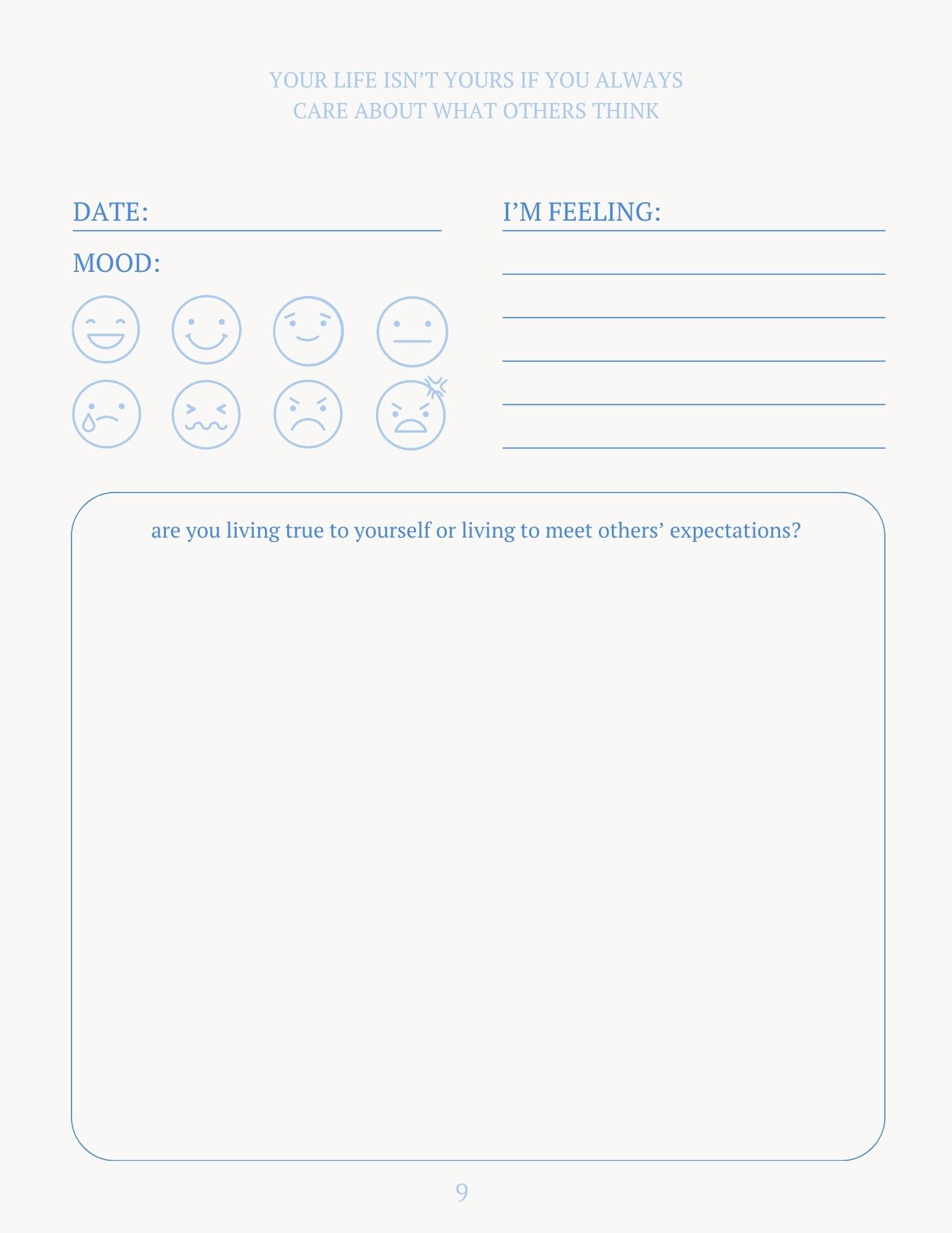The Importance Of Journaling
Sometimes only paper will listen to you.
If there’s one thing to organize a busy mind, it’s journaling. From scientists to artist— and everyone in between— keeping a journal is an important tool to achieve clarity and mental wellness.
Journaling is always one of my top recommendations when discussing mental health. I’ve had friends reject the idea only to come back months later to confess how much writing in a journal has helped. I’ve seen family members who don’t even believe in mental health issues keep notebooks in their bag to jot down any type of reminders needed at that moment.
A journal is your own personal safe haven to write whatever you want. Whether that be a dream journal, fitness tracker, to-do list, or simply a diary—writing your thoughts down can improve your memory while also reducing intrusive thoughts and negative emotions.
One of the greatest things about journaling is that your flow of consciousness doesn’t even have to make sense. You're simply expressing your thoughts in order to release any pent up emotions. It’s a personal space where you can freely express your thoughts, feelings, and experiences without any judgment.
Benefits Of Journaling
Reduce Stress And Anxiety
Sometimes negative thoughts and emotions can run on a loop in our heads making a situation appear much worse than it actually is. This can lead to increased stress and unrealistic scenarios. Journaling can help release those negative thoughts from your mind and identify triggers and patterns.
Improved Mental And Emotional Well-being
Journaling can help you gain a better understanding of yourself, your thoughts, and feelings. It can also help you process difficult experiences and develop coping mechanisms. A 2018 research review suggests that writing about your deepest thoughts can lead to lower blood pressure, improved mood, and overall greater well-being.
Encourages Space For Negative Thoughts
Society doesn’t often allow or accept a complex range of emotions. We’re often told to “stop crying” or “just smile.” Journaling is a healthy and safe way to express negative thoughts in order to analyze them in a more objective light and find solutions to inner discourse.
Deepens Self-Discovery
Writing down your thoughts can provide a much-needed pause to help you reconnect to yourself and rediscover who you are. When we write, we learn our preferences, pain points, fears, goals, and dreams. It can also help with expressing creativity and exploring new ideas.
Clarifies Goals
Even if you can’t identify any long-term goals, journaling can help bring clarity to your wants and needs in order to set intentions to achieve them. Your goal could simply be to just start journaling so you can better understand yourself. Remember, this is all personal to you so there is no pressure to live up to any expectations from anyone else.
How to Start Journaling
There is no right or wrong way to journal. The most important thing is to find a method that works for you! Express your feelings, thoughts, and ideas the way you want to.
Choose a journal that you like: Your journal should be something that you enjoy using. It should be a place where you feel comfortable and safe to express yourself.
Find a time and place to journal that works for you: Some people prefer to journal in the morning, while others prefer to journal at night. Experiment to find a time when you are most focused and relaxed.
Set aside a few minutes each day to journal: Even if you can only journal for a few minutes each day, it will make a difference.
Don't worry about grammar or spelling: Just write whatever comes to mind.
Be honest with yourself: This is your journal, so don't be afraid to be honest with yourself.
Journaling is a personal journey, so there is no one-size-fits-all approach. The most important thing is to find what works for you and to stick with it.
Kick-start your motivation and further discover yourself with the Mood & Motivation Journal.
*I am NOT a professional. I can only speak from my own mental health journey, everyone copes differently. However, I’ve found it most helpful to stay consistent in recognizing my own needs. I’ve written several other posts with some helpful tips for alleviating your struggles.
MORE MENTAL HEALTH ARTICLES:
The Difference Between Laziness, Lack of Motivation, and Depression




